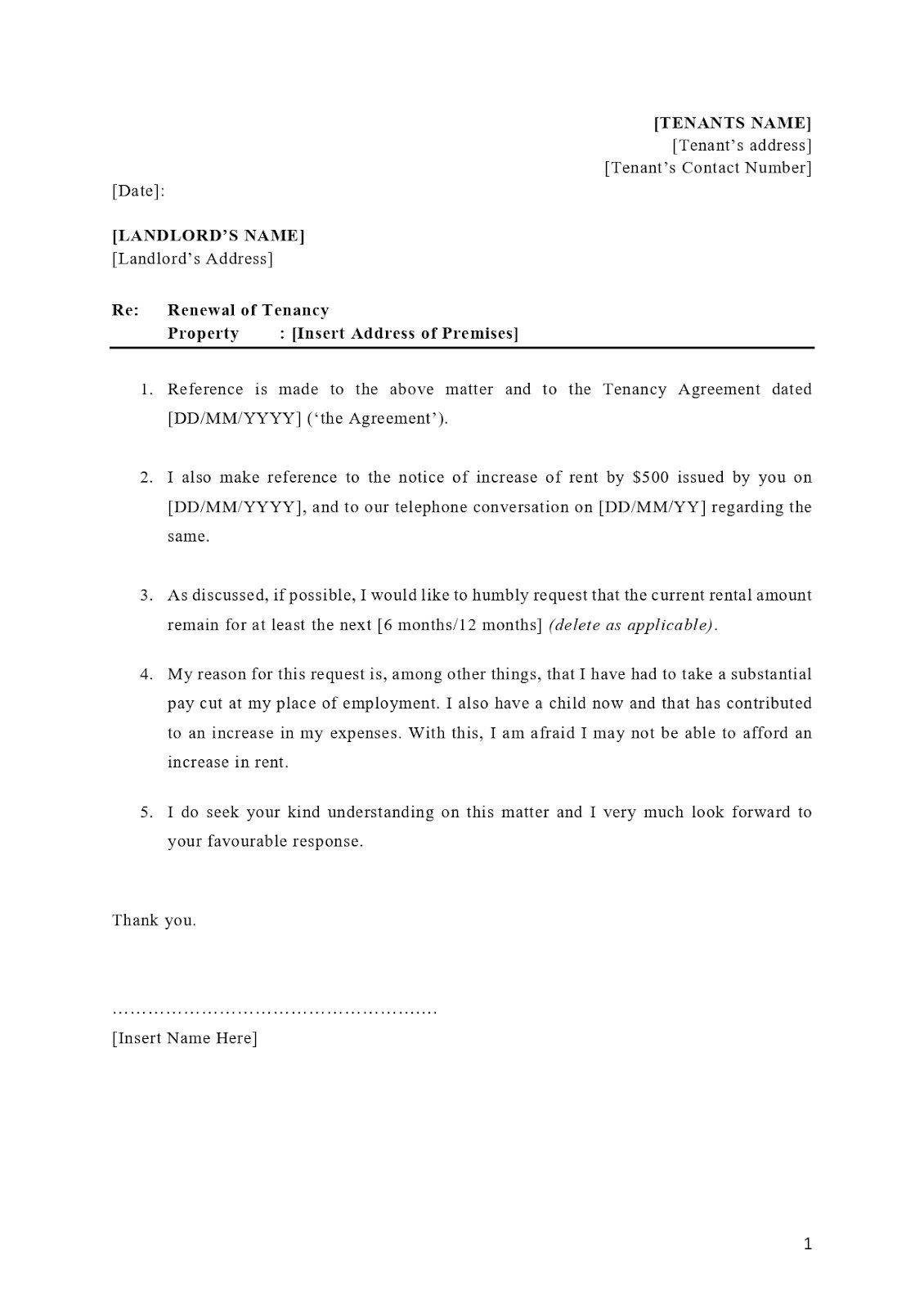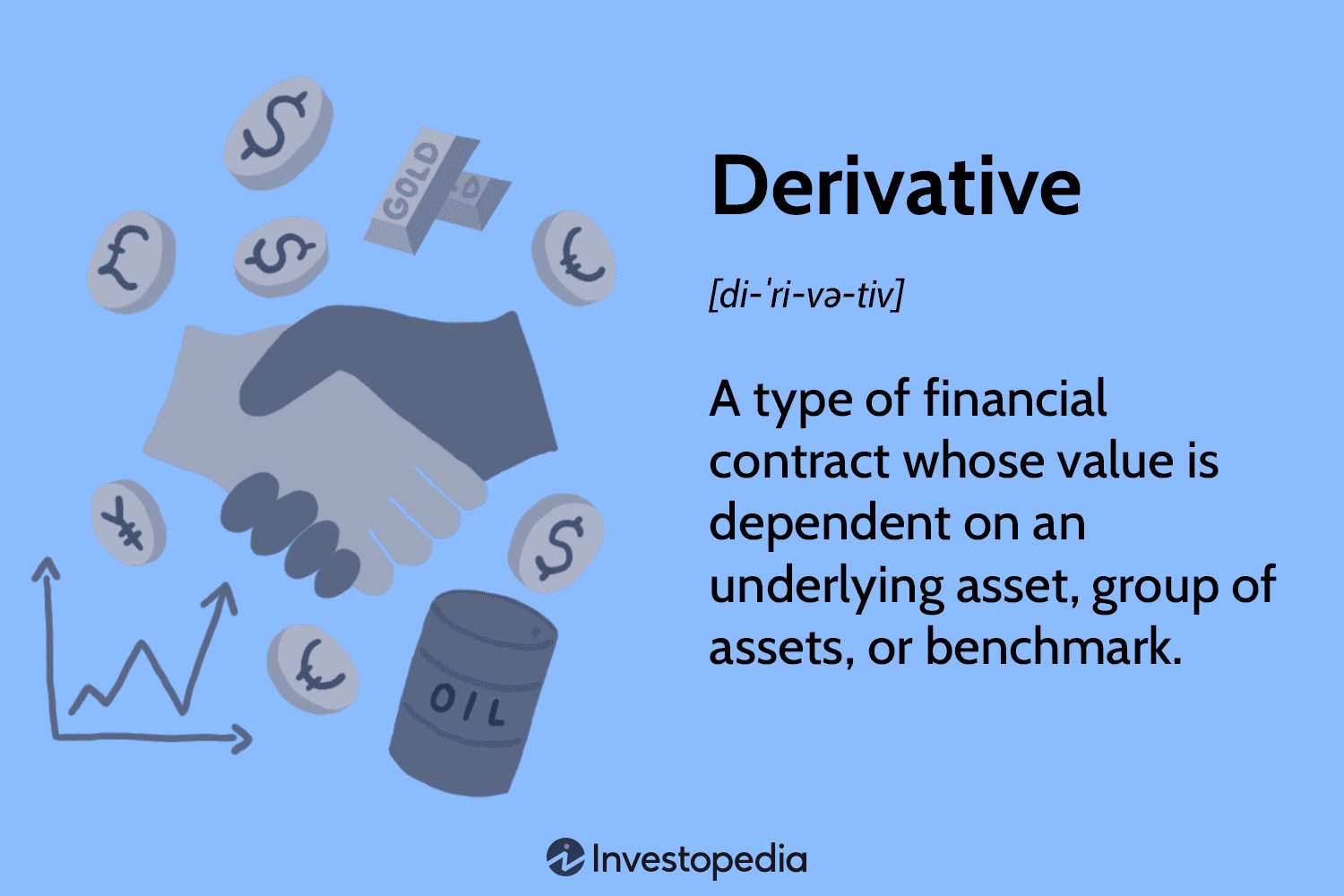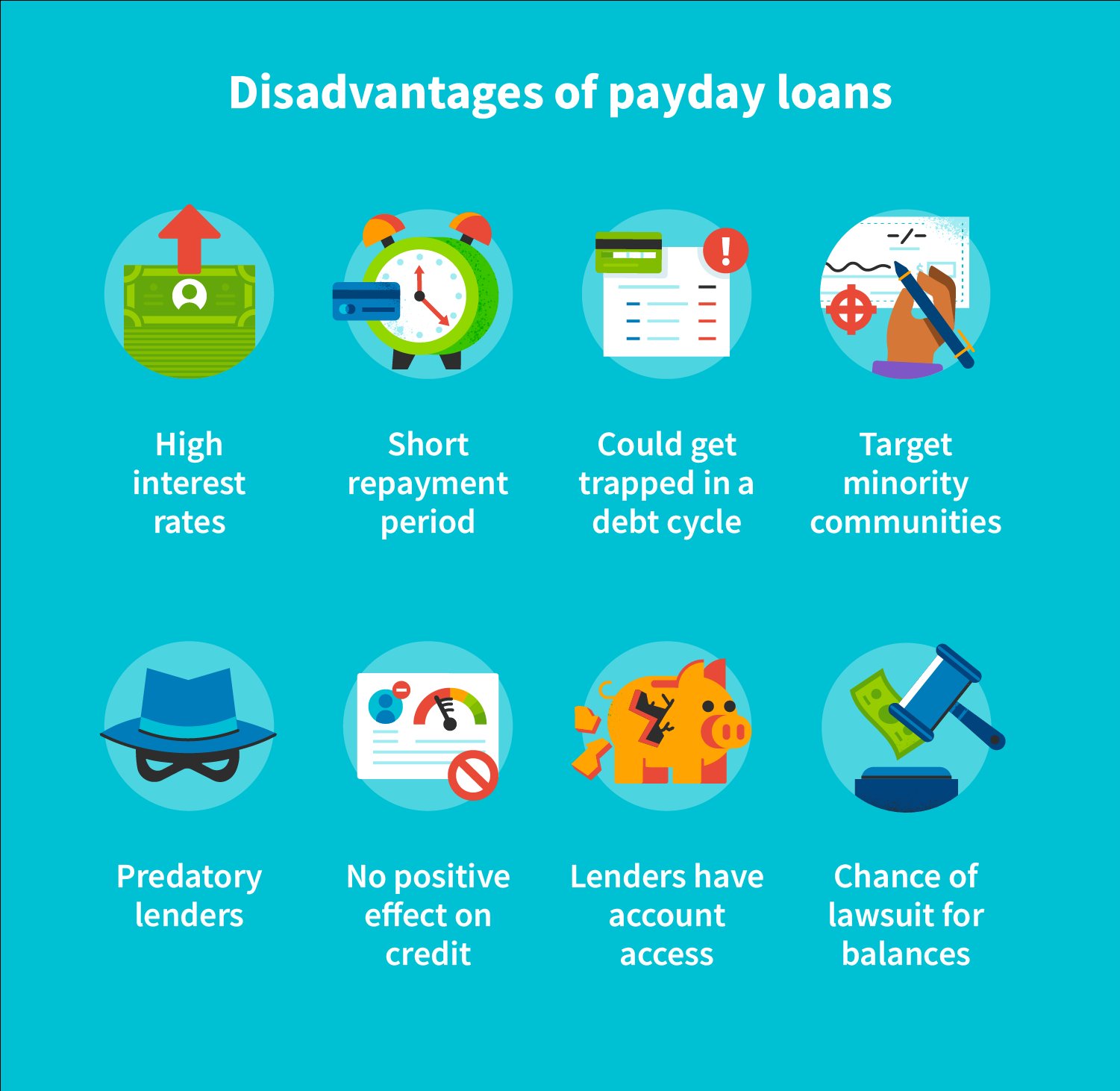Looking to negotiate your rent increase? Don’t worry, we’ve got you covered. Rent increases can be a daunting prospect for tenants, but with the right approach, you can effectively negotiate a better deal. In this article, we’ll walk you through some tried-and-true strategies to help you navigate this process smoothly. So, whether you’re a seasoned rent-negotiator or a first-timer, keep reading to discover how to negotiate your rent increase and secure a favorable outcome.
How to Negotiate Your Rent Increase: A Comprehensive Guide
Introduction
Rent increases are a common occurrence in the rental market, and as a tenant, it’s essential to know how to navigate this process effectively. Negotiating your rent increase can help you save money and ensure that your rent remains affordable. In this comprehensive guide, we will explore various strategies and techniques that can empower you to negotiate for a fair rent increase. Whether you’re a seasoned renter or facing your first increase, this guide will provide you with the knowledge and confidence you need to successfully negotiate your rent.
Understanding the Rent Increase
Before you embark on the negotiation process, it’s crucial to have a clear understanding of what a rent increase entails. Here are a few key points you should keep in mind:
- A rent increase is a raise in the amount you pay for your rental property.
- Rent increases are often influenced by factors such as inflation, market demand, and property expenses.
- Many rental agreements or leases include clauses that allow for periodic rent increases.
- Your landlord is typically required to provide you with advance notice before implementing a rent increase.
Now that we have a basic understanding of rent increases, let’s dive into the negotiation process.
Evaluating Your Rental Market
Before engaging in any negotiation, it’s essential to research and evaluate your rental market. Understanding the local rental market conditions will provide you with valuable insights that can help you negotiate effectively. Here are some steps to follow when evaluating your rental market:
- Research Similar Properties: Start by researching similar rental properties in your area. Look for properties with similar square footage, amenities, and location. Take note of their rental prices and any recent rent increases.
- Consider Market Trends: Evaluate the current market trends in your area. Is the rental market booming, or is it experiencing a decline? Understanding the overall market conditions will give you leverage during negotiations.
- Talk to Other Tenants: Reach out to other tenants in your building or neighborhood to gather information about their recent rent increases. This insight can help you gauge whether your increase is in line with others in the area.
- Consult with Experts: If you’re unsure about market conditions or need professional advice, consider consulting with a real estate agent or tenant advocacy organization. They can provide you with valuable guidance tailored to your specific situation.
By thoroughly evaluating your rental market, you’ll be better equipped to negotiate your rent increase from an informed standpoint.
Preparing for Negotiations
Once you have a solid understanding of your rental market, it’s time to prepare for the negotiation process. The key to successful negotiations lies in thorough preparation. Here are some essential steps to follow when preparing for your rent increase negotiation:
1. Review Your Lease Agreement
Carefully review your lease agreement to familiarize yourself with the terms and conditions set by your landlord. Pay close attention to any clauses related to rent increases, notice periods, and renewal options. Understanding your rights and obligations will enable you to negotiate more effectively.
2. Assess Your Rental History
Evaluate your rental history and consider factors such as on-time payments, length of tenancy, and any positive contributions you’ve made to the property. Highlighting these aspects during negotiations can strengthen your case for a reasonable rent increase.
3. Determine Your Budget
Examine your personal budget and determine the maximum amount you can comfortably afford for rent. Having a clear budget in mind will help you negotiate within your financial means.
4. Prepare Supporting Documentation
Gather supporting documents to strengthen your negotiation position. These may include records of property maintenance issues, proof of market rate comparisons, or personal references from past landlords. Having tangible evidence can significantly enhance your negotiation power.
5. Practice Your Negotiation Points
Before engaging in actual negotiations, practice articulating your negotiation points. This will help you gain confidence and fluency when discussing your concerns and desired outcomes with your landlord.
By thoroughly preparing for negotiations, you’ll be in a strong position to assertively and confidently advocate for yourself during the rent increase discussion.
Ramit Sethi: Here's How To Negotiate Your Rent
Frequently Asked Questions
Frequently Asked Questions (FAQs)
1. How can I effectively negotiate my rent increase?
When negotiating your rent increase, start by researching the current rental market in your area to understand the average rental prices. Prepare a solid case to support your negotiation, highlighting your positive rental history, prompt payments, and any maintenance or improvements you’ve made to the property. Approach your landlord politely but confidently to discuss your concerns, presenting your case professionally and requesting a reasonable adjustment to the proposed rent increase.
2. What factors should I consider before negotiating my rent increase?
Before negotiating your rent increase, consider your financial situation, the current rental market conditions in your area, and your relationship with the landlord. Assess your ability to afford the new rent amount and be prepared to provide evidence of any changes in your financial circumstances if necessary. Additionally, research the local rental laws and guidelines to ensure that the proposed rent increase aligns with legal requirements.
3. Is it possible to negotiate a lower rent increase than what’s initially proposed?
Yes, it is possible to negotiate a lower rent increase than what is initially proposed. Landlords may be open to discussion and negotiation, especially if you have a good rental history and can present a valid case for a lower increase. The key is to approach the negotiation respectfully, provide evidence of the current market rates, and clearly articulate your reasons for requesting a lower increase.
4. Should I negotiate my rent increase in person or in writing?
It is recommended to negotiate your rent increase in writing, especially if you anticipate any disagreement or want to document your communication. This allows you to carefully plan and articulate your points, ensuring that you convey your message effectively. However, if you have a good relationship with your landlord or property manager, it may be appropriate to have an initial discussion in person and follow up with a written request.
5. What is the best time to negotiate a rent increase?
The best time to negotiate a rent increase is before your current lease is up for renewal. Start the conversation a few months in advance, giving both parties enough time to discuss and reach an agreement. By initiating the negotiation early, you demonstrate your willingness to communicate and find a mutually beneficial solution.
6. Are there any negotiation strategies that can help me in my rent increase discussion?
Yes, there are several negotiation strategies that can help you during your rent increase discussion. These include being prepared with research and evidence, maintaining a calm and respectful demeanor, clearly articulating your needs and concerns, and being open to compromise. It is also important to listen attentively to your landlord’s perspective and be willing to find common ground.
7. What should I do if my landlord refuses to negotiate the rent increase?
If your landlord refuses to negotiate the rent increase, it is important to remain calm and consider your options. You can try to revisit the discussion by presenting additional evidence or proposing alternative solutions. If all efforts fail, you may need to decide whether to accept the increase or explore other housing options that better suit your budget and needs.
8. Can negotiating a rent increase affect my relationship with my landlord?
Negotiating a rent increase does not have to negatively impact your relationship with your landlord. It is a common business transaction, and as long as you approach the negotiation respectfully and professionally, most landlords will understand and appreciate your effort. Clear communication, maintaining a positive attitude, and finding common ground can help ensure a healthy landlord-tenant relationship.
Final Thoughts
When facing a rent increase, it’s important to approach the situation with confidence and a clear strategy. Start by researching the local market to understand if the increase aligns with the current rental rates. Next, gather any relevant information that supports your case, such as maintenance issues or comparable rental prices. When discussing the increase with your landlord, remain calm and respectful, clearly expressing your concerns and providing evidence to support your request for a lower increase. Negotiate with a win-win mindset, focusing on finding a middle ground that is fair for both parties. By following these steps and taking a proactive approach, you can increase your chances of successfully negotiating your rent increase.



